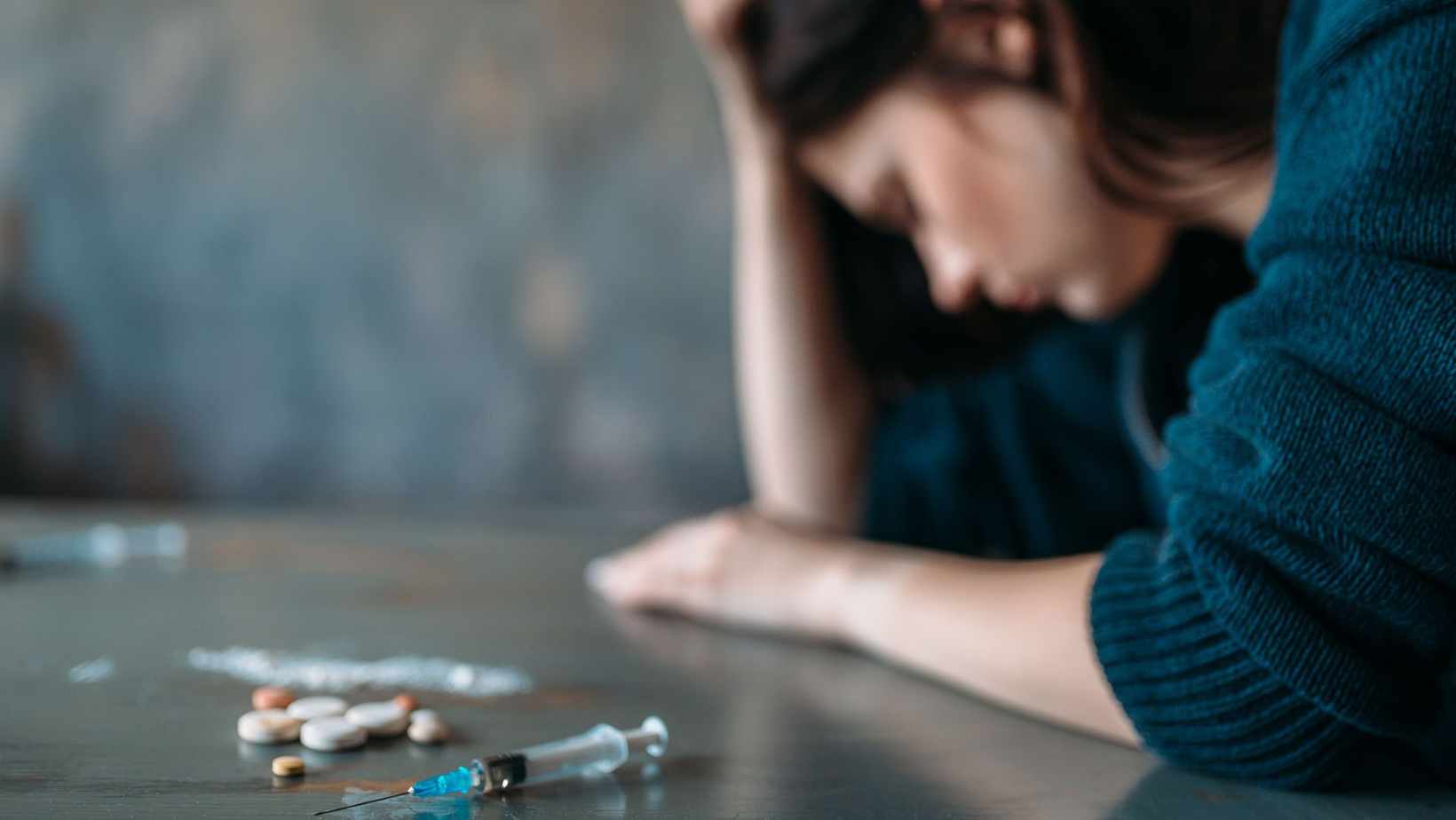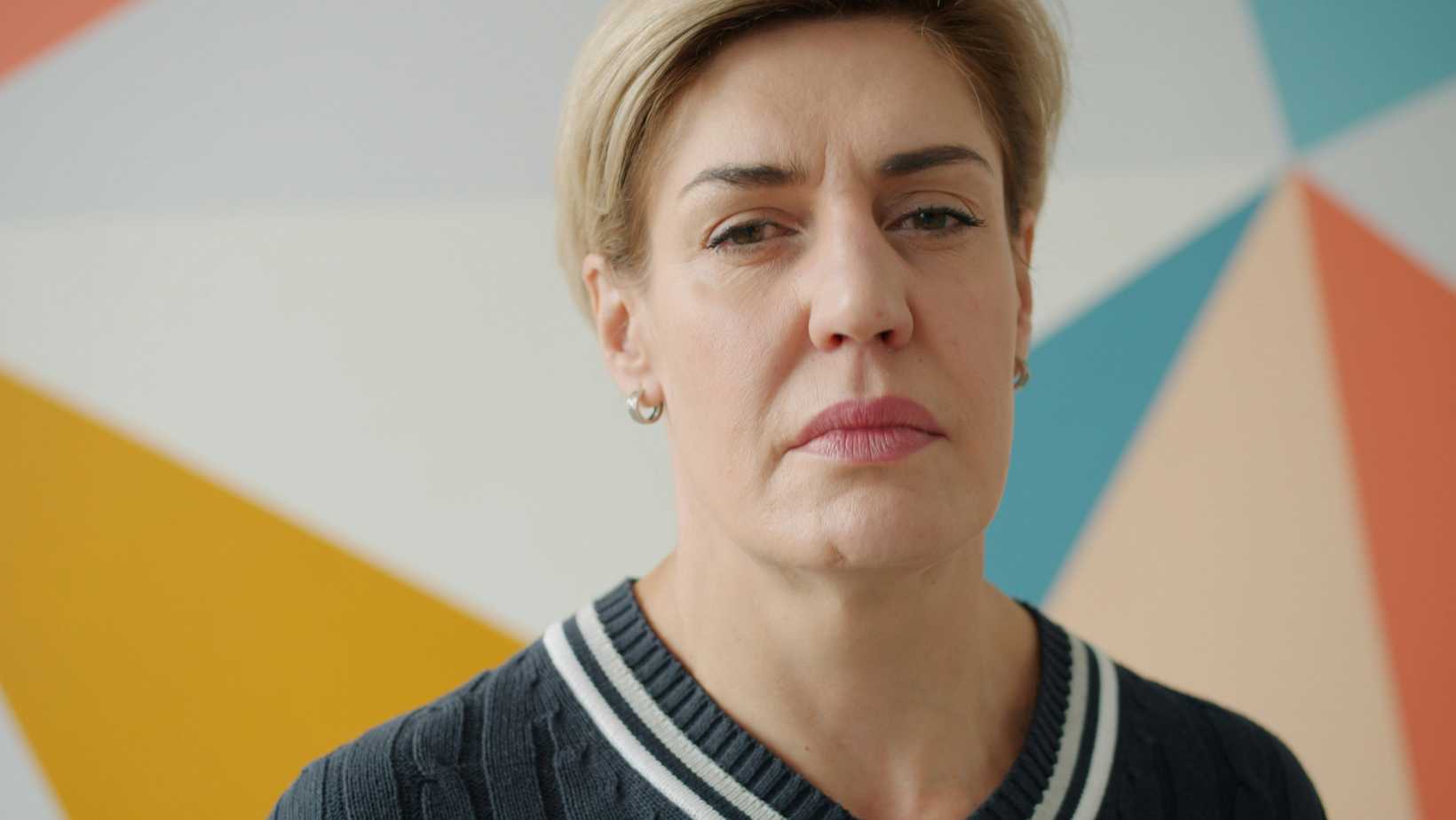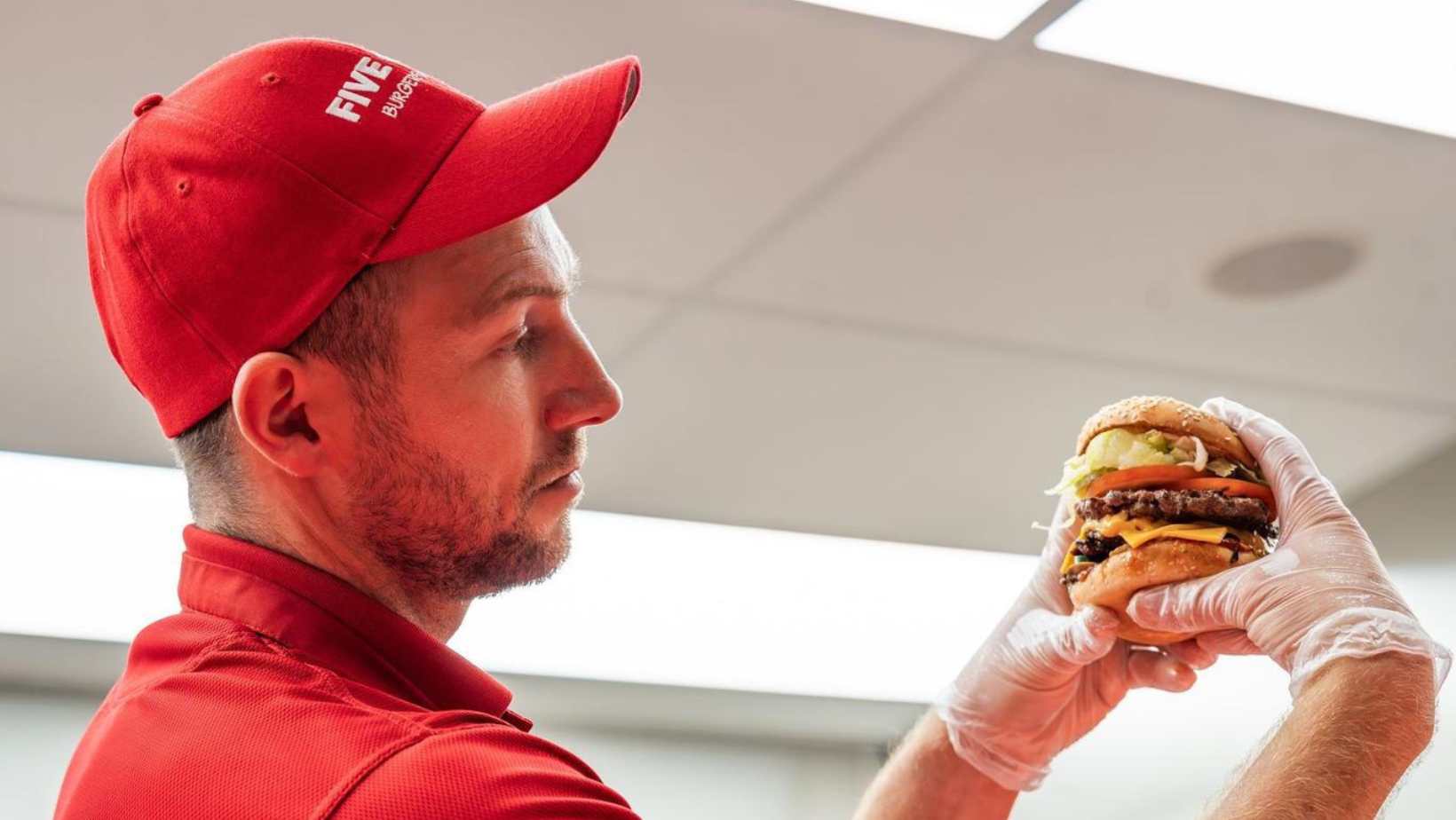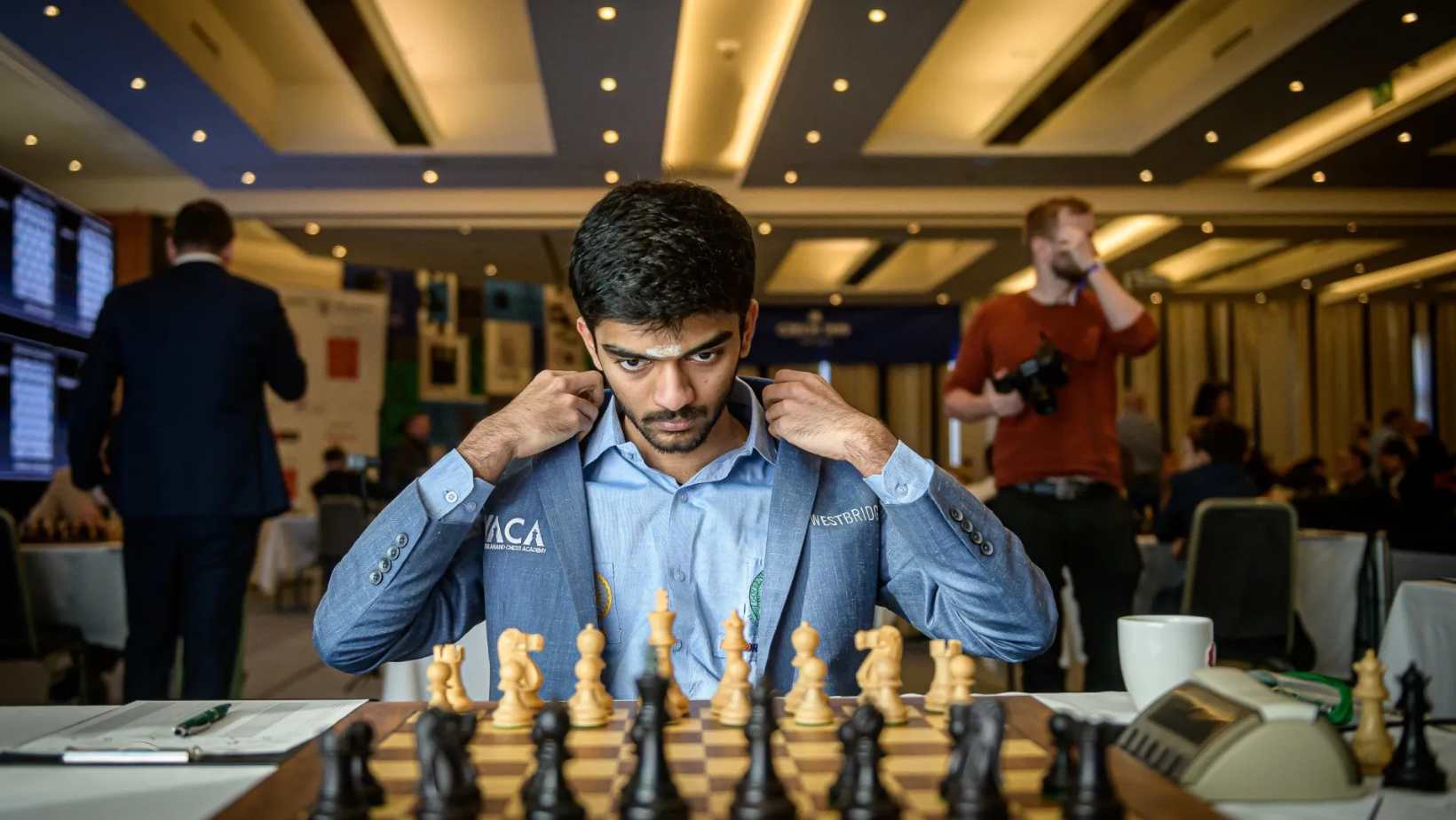Metro Stations to Host New Drug Clinics - Prague Residents Push Back
Prague Morning

The City of Prague has approved the opening of three new contact centers for drug users, reigniting tensions across several city districts.
The move is part of a broader strategy to improve access to harm-reduction services — yet some of the proposed locations are already facing strong local opposition.
One center is set to be built in the metro vestibule below Jungmannovo náměstí, a high-traffic area near the Můstek station.
Another will be placed near Nádraží Holešovice, in repurposed containers located between the metro and railway stations.
The third center will be located somewhere in Prague 9, though the precise site remains under discussion. The project also includes a mobile unit modeled after a successful initiative in Brno.
Currently, only two such centers operate in Prague — Sananim in Prague 5 and Drop In on Karolíny Světlé Street in Prague 1. Experts argue this is far from sufficient for a city of over a million residents.
The proposed expansion aims to distribute these services more evenly and reduce health risks associated with drug use, such as infections and overdoses.
The issue has gained urgency since 2022, when Prague 5 authorities terminated the lease of a contact center operated by the Progressive organization in Smíchov. Since 2009, contact centers in Prague 1, 2, 7, and 11 have also shut down, further reducing service availability.
Why Metro Stations?
The city argues that metro stations offer a strategic advantage: they are easily accessible, already owned by the municipality or the transport authority, and close to areas where users often congregate. The goal, according to the city’s approved materials, is to select sites that are “ideally located in terms of public transport, minimize disruption to the public, and serve users from both central and peripheral areas.”
Former Prague Mayor Pavel Bém (ODS), now chairing the city’s anti-drug commission, is leading the negotiations. His team emphasizes the centers’ role in reducing public drug use, preventing the spread of disease, and connecting addicts with treatment options.
Prague 1 Pushes Back
But not all city districts are on board. Prague 1 officials have submitted a formal objection to the center planned at Jungmannovo náměstí, arguing that their district is already hosting more than its fair share of addiction-related services.
Mayor Terezie Radoměřská (TOP 09) criticized the city’s plan to introduce low-threshold substitution treatment, where addicts can receive methadone or buprenorphine without committing to long-term rehabilitation.
Radoměřská referenced negative experiences with a similar service on Ve Smečkách Street, which was shut down in 2010 following “repeated and well-founded complaints from residents.”
She added that Prague 1 has long advocated for a more balanced distribution of such services across the city, especially in districts that currently lack any form of harm-reduction infrastructure.
Would you like us to write about your business? Find out more
-
NEWSLETTER
Subscribe for our daily news









